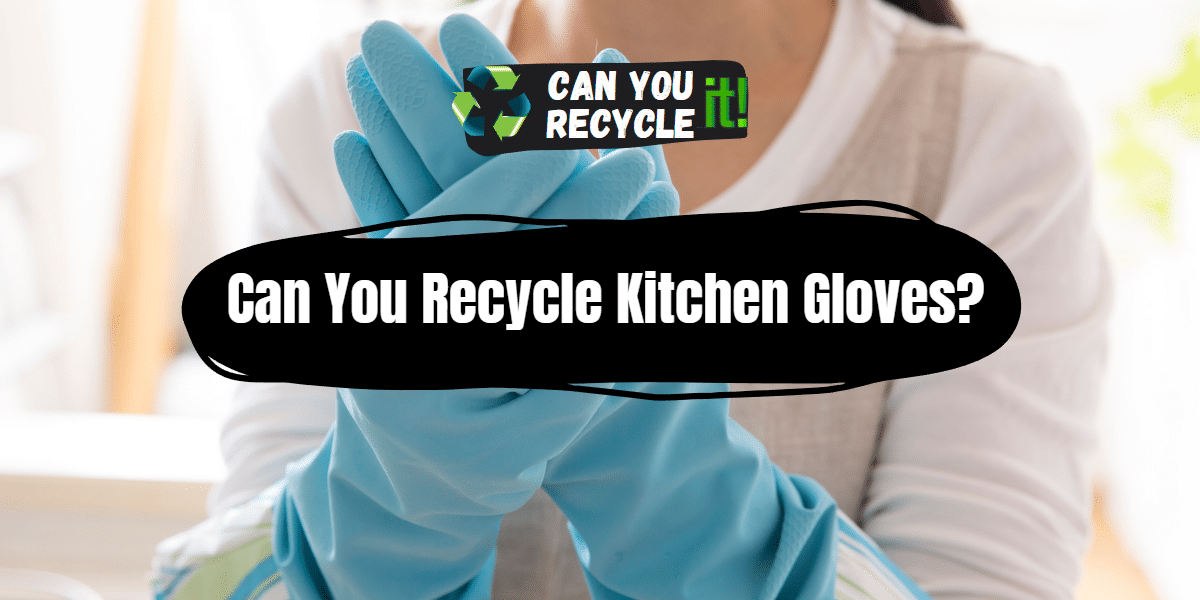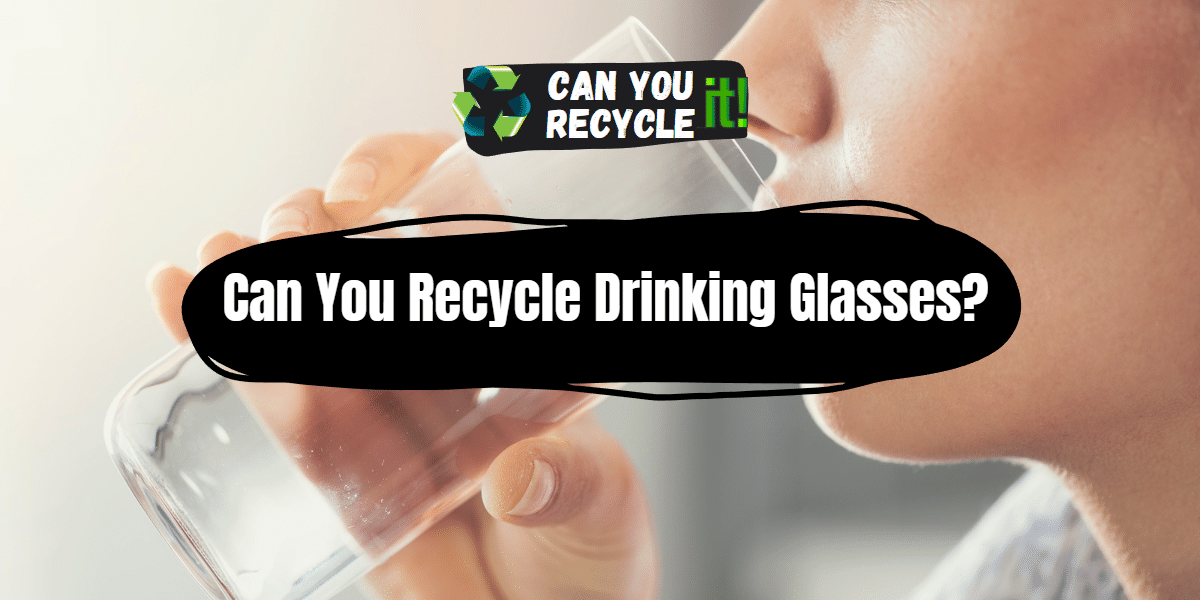Yes! Recycling old electronics is not only possible but also crucial for our environment.
In this article, we will delve into the dos and don’ts of recycling old electronics, provide a step-by-step guide to recycling them effectively, explore alternative options for non-recyclable electronics, discuss the environmental impact of recycling old electronics, address frequently asked questions, and conclude with some final thoughts on the importance of responsible electronic waste management.
Table of Contents
Do’s and Don’ts
Recycling old electronics requires careful consideration to ensure that it is done in an environmentally friendly manner. Here are some dos and don’ts to keep in mind when recycling your old electronics:
Dos
- Do your research: Before recycling your old electronics, research local recycling programs or facilities that accept electronic waste. Check if they have specific requirements or guidelines for different types of electronics.
- Do erase personal data: Before recycling any device, ensure that you have securely erased all personal data. This step is crucial to protect your privacy and prevent unauthorized access to your information.
- Do explore donation options: If your old electronics are still functional and in good condition, consider donating them to schools, charitable organizations, or individuals in need. This extends their life and reduces electronic waste.
- Do separate components: If possible, disassemble your electronics and separate different components such as batteries, cables, and plastic parts. This can facilitate the recycling process and maximize the recovery of valuable materials.
- Do recycle responsibly: When recycling your old electronics, choose certified e-waste recycling centers or facilities that adhere to proper recycling practices. This ensures that hazardous materials are handled safely, and valuable resources are recovered.
Don’ts
- Don’t dispose of electronics in regular waste: Electronic waste contains hazardous substances that can harm the environment if not correctly handled. Never throw old electronics in the regular trash. They should be recycled or disposed of through specialized e-waste recycling programs.
- Don’t export e-waste illegally: Illegal export of electronic waste to developing countries is a significant environmental and health concern. Avoid sending your old electronics to unknown buyers or companies that do not follow proper recycling regulations.
- Don’t store unused electronics indefinitely: Holding onto old electronics that are no longer in use only prolongs their environmental impact. If you no longer need a device, consider recycling or donating it promptly.
- Don’t forget to remove batteries: Before recycling any electronic device, ensure that you remove the batteries. Batteries require separate recycling processes due to their potential environmental hazards.
- Don’t overlook trade-in or buyback programs: Some manufacturers and retailers offer trade-in or buyback programs for old electronics. These programs provide incentives for recycling and may offer discounts or store credits for your new purchases.
By following these dos and don’ts, you can ensure that your old electronics are recycled responsibly, contributing to a cleaner and more sustainable future.
5 Step Guide to Recycle Old Electronics
Recycling old electronics involves several steps to ensure that they are disposed of properly and valuable materials are recovered. Here’s a five-step guide to help you recycle your old electronics effectively:
Step 1
Evaluate the condition: Assess the condition of your old electronics. Determine if they are still functional or if they require repair. If they are in working condition, consider donating or selling them instead of recycling them.
Step 2
Data removal and backup: Before recycling any electronic device, make sure to back up and securely erase all personal data. This ensures that your sensitive information remains confidential. Back up your data to a secure location, such as an external hard drive or cloud storage, and then follow the manufacturer’s instructions to erase the data.
Step 3
Find a reputable recycling facility: Research local recycling facilities or programs that accept old electronics. Look for certified e-waste recyclers who follow proper environmental and safety regulations. Check if they accept the specific electronics you want to recycle and if they offer drop-off locations or pickup services.
Step 4
Prepare for recycling: Prepare your old electronics for recycling by removing any batteries or hazardous components. Separate cables, accessories, and other detachable parts. Disassemble the device to separate different materials like plastic, metal, and circuit boards if possible. This step optimizes the recycling process and increases the recovery of valuable materials.
Step 5
Recycle responsibly: Deliver your old electronics to the chosen recycling facility or follow their guidelines for drop-off or pickup. Ensure you comply with their requirements, such as securely packaging the devices or providing necessary documentation. Once you’ve completed the recycling process, you can have peace of mind knowing that your old electronics are being handled responsibly.
What to Do with Old Electronics That Cannot Be Recycled.
While recycling is the preferred option for old electronics, there may be instances where recycling is not possible or feasible due to certain limitations. In such cases, it’s essential to explore alternative ways to repurpose, refurbish, or dispose of non-recyclable electronics responsibly. Here are some suggestions:
- Repair or repurpose: Consider repairing or repurposing non-recyclable electronics to extend their usefulness. For example, you can repurpose an old smartphone as a dedicated music player or use outdated laptops for offline document storage.
- Please take advantage of manufacturer take-back programs: Some electronics manufacturers offer take-back programs where they accept their own products for proper disposal. Check if the manufacturer of your electronics has such a program in place.
- Explore specialized recycling programs: Some organizations or retailers provide recycling services for specific types of electronics that are challenging to recycle. For example, certain retailers accept old batteries, ink cartridges, or mobile phones for recycling.
- Dispose of hazardous components separately: If your old electronics contain hazardous components, such as batteries or mercury-containing bulbs, ensure they are disposed of properly. Many municipalities have designated drop-off points or collection events for hazardous waste.
- Seek professional assistance: If you are unsure about how to handle non-recyclable electronics, consider consulting professional e-waste disposal services. These services specialize in properly disposing and managing electronic waste, ensuring compliance with environmental regulations.
By exploring these options, you can minimize the environmental impact of non-recyclable electronics and find responsible solutions for their disposal.
Environmental Impact of Recycling Old Electronics
Recycling old electronics has a profound impact on the environment. By choosing to recycle, you actively contribute to reducing electronic waste, conserving resources, and minimizing the release of hazardous substances. Here are some key environmental benefits of recycling old electronics:
- Waste reduction: Electronic waste is a growing concern worldwide. By recycling old electronics, we divert them from landfills, where they can release toxic substances and occupy valuable space. Recycling helps reduce the volume of waste and its associated environmental impact.
- Resource conservation: Electronics contain valuable resources such as precious metals, rare earth elements, and other raw materials. Recycling old electronics allows for the recovery and reuse of these resources, reducing the need for new extraction and minimizing the depletion of natural resources.
- Energy savings: Manufacturing electronic devices from raw materials requires significant energy inputs. Recycling old electronics consumes less energy compared to the production of new devices. By recycling, we conserve energy and reduce greenhouse gas emissions associated with the manufacturing process.
- Hazardous substance management: Electronics often contain hazardous substances like lead, mercury, cadmium, and brominated flame retardants. When improperly disposed of, these substances can leach into soil and water, posing risks to human health and ecosystems. Recycling old electronics ensures that hazardous components are safely managed and prevented from causing environmental contamination.
- Emission reduction: Recycling old electronics helps reduce greenhouse gas emissions associated with waste management. Instead of incinerating or landfilling electronics, recycling allows for the recovery of valuable materials and reduces the release of greenhouse gases into the atmosphere
By understanding the environmental impact of recycling old electronics, we can make informed choices and actively contribute to a more sustainable future.
FAQs for Can You Recycle Old Electronics
Can I recycle any type of old electronics?
While many types of electronics can be recycled, some recycling centers may have restrictions or specific guidelines for particular items. It’s advisable to check with local recycling facilities or programs to determine what they accept.
How do I find a recycling facility near me?
You can start by contacting your local waste management department or environmental agency for information on recycling options. Additionally, online directories and search engines can help you locate certified e-waste recyclers in your area.
Is it safe to recycle old electronics with personal data?
Before recycling any electronic device, it’s crucial to erase all personal data securely. Follow the manufacturer’s instructions or use data-wiping software to remove your information completely.
Can I recycle old electronics that are broken or damaged?
Yes, even broken or damaged electronics can often be recycled. Recycling facilities can recover valuable materials from these devices. However, contacting the recycling facility beforehand is recommended to ensure they can accept such items.
Are there any costs associated with recycling old electronics?
The cost of recycling old electronics can vary depending on the specific recycling facility or program. Some facilities may charge a fee for specific items or services, while others may offer free drop-off or pickup options. It’s advisable to inquire about any potential costs before recycling.
Conclusion and final thoughts 💭
Recycling old electronics is not just a choice; it’s a responsibility we all share in protecting the environment and conserving resources. By adhering to the dos and don’ts, following the step-by-step guide, exploring alternative options for non-recyclable electronics, understanding the environmental impact, and addressing common concerns through the FAQs, we can make informed decisions and actively contribute to the recycling process. Let’s embrace the power of recycling and strive for a sustainable future where old electronics find new life, and our planet thrives for generations to come.





Leave a Reply